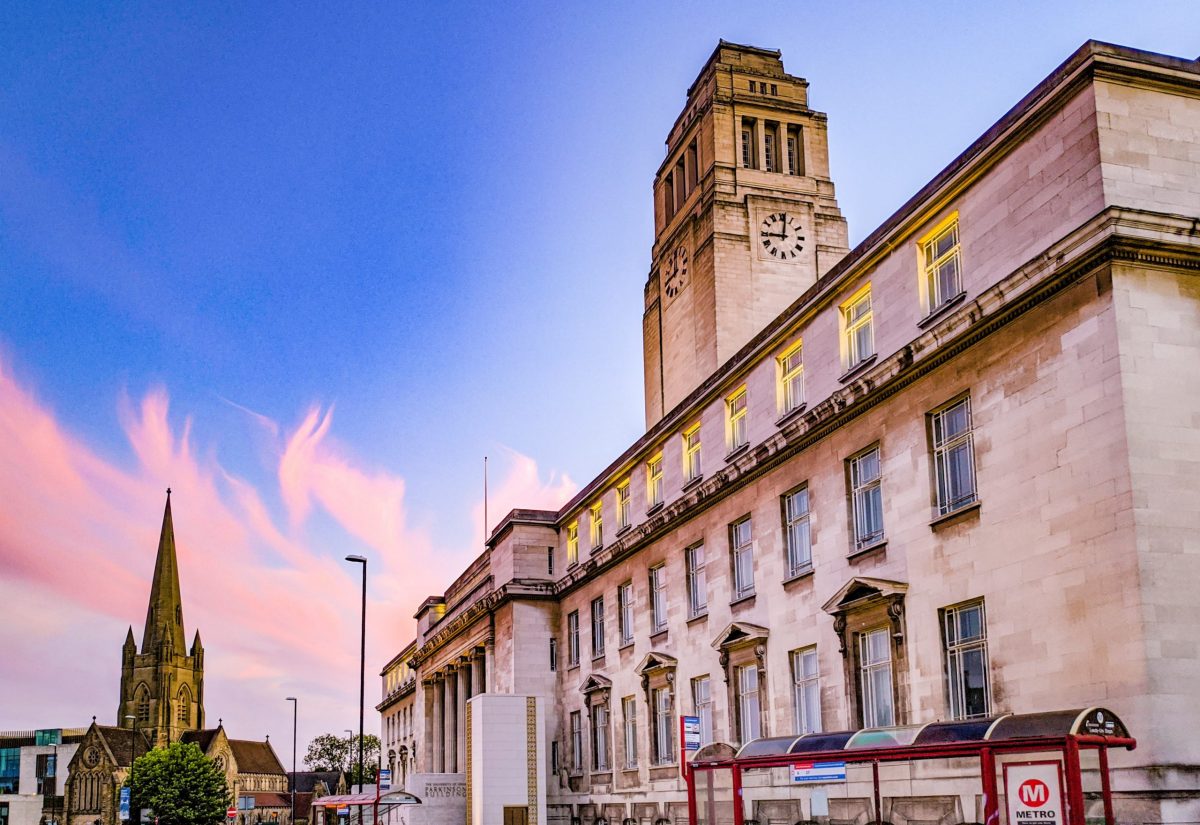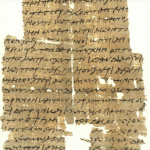
DoSSE project members will be presenting at the International Medieval Congress in Leeds, this coming July. Here, we set out what we will be presenting on, as well as the contents of our sponsored-panel on ‘The Ethics of Slaving’.
Session 113: Sex Education in the Long Late Antiquity, c. 300-900, I. Monday 7 July, 11:15-12:45, Esther Simpson Building 2.08.
Sheida will be presenting on ‘Early Islamic Sexual Taboos: The Boundaries of Permissibility in al-Ṭabarī and al-Ṭabarānī’s Narratives’.
This panel has been organised by Grace Stafford (Universität Wien) and Becca Grose (University of St. Andrews). Sheida will also be joining their roundtable on ‘Sex Education in Long Late Antiquity‘ on the same day in the same room from 19:00-20:00.
Session 716: Ireland, England, and Francia in the Early Middle Ages: Connections and Correspondences – A Session in Honour of Clare Stancliffe. Tuesday 8 July, 14:15-15:45, Newlyn Building 1.01.
Erin will be presenting on ‘The Holy Queen Balthild and Other Slave Women from “Across the Sea”‘:
Erin’s panel has been organised by Catherine Cubitt (UEA) and Alan Thacker (Institute of Historical Research). Our Leicester colleague Jo Story will be talking about her exciting work into early medieval manuscripts on the same panel.
The DoSSE project will be sponsoring Session 1304: Morality and the Economy, IV: The Ethics of Slaving. Wednesday 9 July, 16:30-18:00, Newlyn Building, 1.07:
The last decade has seen increasing scholarly interest in both medieval slavery and the medieval moral economy. This panel brings these historiographies into conversation, situating slavery within the broader economic and religious history of the Middle Ages. There was no slavery abolition movement in the early medieval period, and ecclesiastical institutions had numerous slaves and dependents. Indeed, churchmen prescribed enslavement as penance for immoral crimes. Yet ecclesiastics also sought to ransom and redeem war captives facing unfreedom. The mode of slaving, the identity of the enslaver, and the background of the enslaved person all had the potential to shape the contemporary perception of enslavement as legitimate or illegitimate. Slaving practices, then, bring into focus the boundaries and interactions between the moral and immoral economy in Late Antiquity and the Middle Ages.
Team member James will be presenting on ‘Bandits, Slavers, and Bishops: Agents of the Immoral Economy in the Late Antique West’:
- Session 1004 (9:00-10:30): Rethinking the Economy of Early Medieval Europe, featuring Jaqueline Bemmer (KU Leuven) on female inheritance and the late antique moral economy; Isabela Alves Silva (Universidade de São Paulo) on the alienation of ecclesial goods in Visigothic Spain; and Marcelo Cândido da Silva (Universidade de São Paulo) on whether there was such thing as Carolingian ‘economic man’.
- Session 1104 (11:15-12:45): Distributive Justice across Modern Theory and Medieval Practice, featuring Roy Flechner on redistribution and the Papacy; Katharine Sykes (University of Birmingham) on the Alfredian knowledge economy; and Simon Yarrow (University of Birmingham) on the Cistercianism and the moral economy.
- Session 1204 (14:15-15:45): Immoral Earnings in the Late Antique and Early Medieval Church, featuring Bronwen Neil (Macquarie University) on monks and prostitution; Rory Naismith (University of Cambridge) on shady dealings in the tenth-century Fenland; and Robert Wiśniewski (Uniwersytet Warszawski) on priests and bankers.




